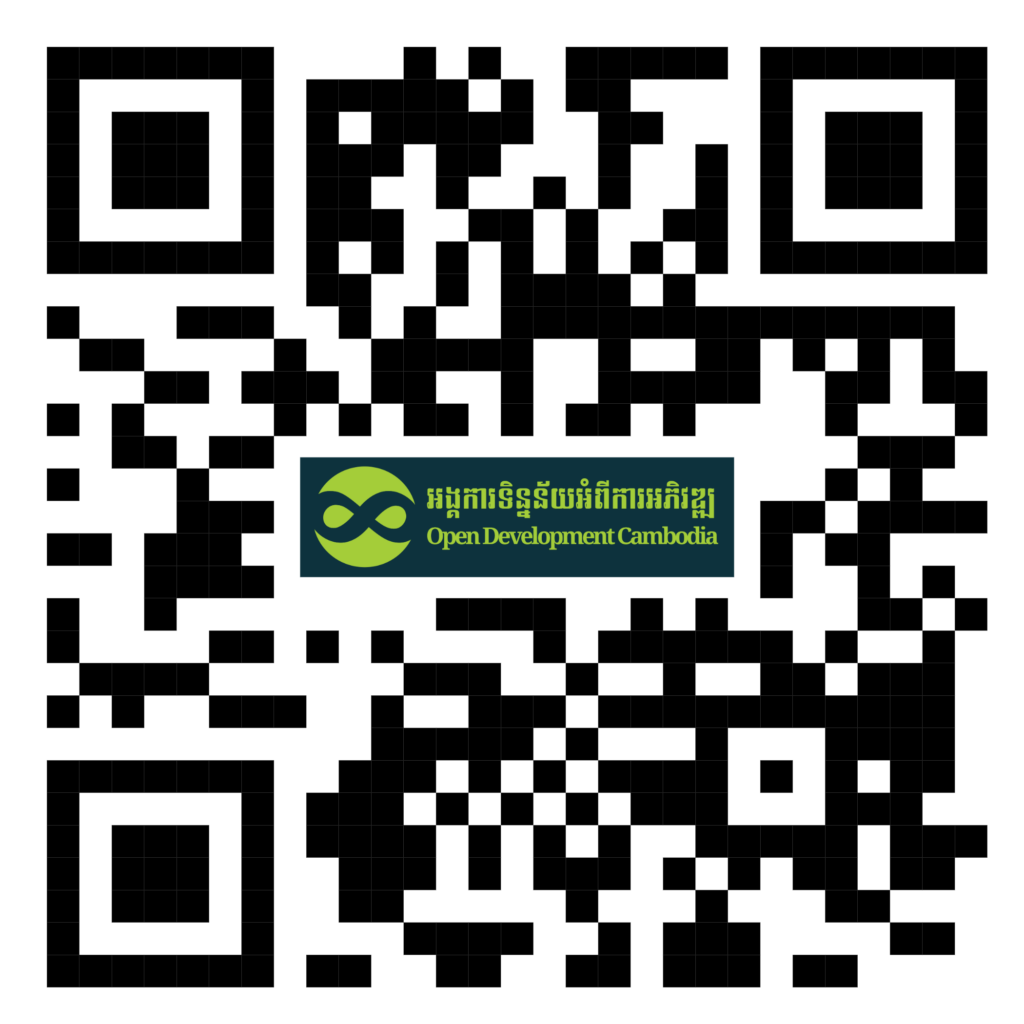Data visualization is the modern journalist’s secret method in today’s media landscape, where attention lengths are short and complexity abounds. It is the tool that enables stories to transcend the limitations of words, connecting with audiences through images that are meaningful to them. Journalists who master data visualization can easily navigate a flood of information, extracting patterns from chaos and presenting them in a way that is not only engaging but also immediately understandable. This training allows journalists to connect the power of data visualization, allowing them to skill narratives, engage, and leave a fast mark on the developing fabric of journalism.
With our “Data Visualization in Journalism” training, you can embark on a transformative journalistic journey that explores the intersection of data and narrative. Data visualization, the art of transforming raw data into compelling visuals, is more than a skill; it’s a narrative accelerator. In an age when information bombards our senses, journalists with data visualization skills gain the ability to change complex datasets, transforming them into impactful graphs, interactive charts, and dynamic maps that bring stories to life. This course provides an opportunity to seamlessly combine journalistic skills with data-driven precision, unleashing the potential of visual storytelling to captivate, inform, and inspire.
Purpose
The purpose of data visualization in journalism training is to equip journalists with the skills to integrate visual elements into their storytelling, enabling them to convey information, engage audiences, and unveil deeper narratives through impactful and accessible graphics.
What will you learn?
- Understanding data: Understand how data represent reality. Recognize data type, data structure, and format as a means to understand how to prepare data for fulfilling the visualization.
- Principles of data visualization: Learn to understand the role of visualization in journalism. How to choose the right visual for a desirable purpose and get familiarity with commonly used visualization types.
- Principle of chart design: Learn how to design a good chart and make your presentation clear to your audience.
- Introduction to Datawrapper: Introduce what Datawrapper is and how to create a visualization with it.
- Practice data visualization with Datawrapper: Learn to create data visualization with the tool.
Who should join?
- Journalist with strong familiarity with digital technology such as using smartphones, computers, and especially computer software such as Excel.
- Journalists who produce a lot of feature stories and that are required to use a lot of data.
- Journalists who aspire to learn new skills to enhance the quality of their reporting.
Expected outcome
The expected outcome of data visualization in journalism training is that participants will gain the ability to present complex data through compelling visual formats, enhancing the clarity and impact of their journalistic work while fostering a deeper connection with their readers or viewers.
Eligibility
Cambodian journalists (women, indigenous peoples, people with disabilities, and LGBTIQ+ are encouraged to join).
Prerequisites
Have a laptop and basic computer knowledge.
Important date
- Open for registration: 15th August 2023
- Close registration: 30th August 2023
- Announce the selected candidate: 04th September 2023
- Training date: 11th September 2023
For registration: https://rb.gy/a0rjt or scan QR Code below

Other Events
Fifth Global Media and Information Literacy Youth Hackathon
Theme: Youth powering media and information literacy in digital spaces The UNESCO annual Global Media and Information Literacy Week is a major occasion for stakeholders to review and celebrate the progress achieved towards “Media and Information Literacy for All.” The Global Media and Information Literacy Youth Hackathon is an integral part of the Global Media and Information Literacy Week Youth Agenda Forum. It is an opportunity for young people and youth organizations worldwide to participate in creating innovative MIL learning in meaningful ways. Following the previous four successful editions, the fifth Global Media and Information Literacy Youth Hackathon will be held during Global MIL Week 2023. UNESCO and partners call on youth worldwide to participate in this virtual hackathon to design innovative solutions to a defined set of social challenges, in connection with the year’s theme: “Youth powering media and information literacy in digital spaces.” Youth from schools, universities, youth centers, youth organizations, and young leaders from around the globe are invited to participate. The winning teams and the outcome of the Hackathon will be presented during the Global MIL Week Youth Agenda Forum 2023. Timeline 1 July 2023: Registration opens 1 August 2023: Registration ends Between 5-10 August 2023: Two-day mentoring on MIL and the hackathon 15 August 30 September 2023: Hacking processes (teams meet to hack issues and develop solutions) 1 October 2023: Deadline for submission of pitches (submission advised before the deadline) 2-10 October 2023: Judging process 25 October 2023: Announcement of winners and presentation of projects during the Global MIL Week 2023 Youth Agenda Forum. Registration: https://indico.un.org/event/1005900/registrations/ For more information: https://www.unesco.org/en/media-information-literacy-week/fifth-youth-hackathon
Young Professional Fellowship Canada 2025
Young Professional Fellowship Canada 2025 is an exciting new chapter of the Young Professional Fellowship program, dedicated to enhancing the leadership potential of youth under 40. This initiative focuses on experiential and innovative learning methods, empowering participants to become responsible and high-caliber leaders. Link to register: https://youngprofessionalfellowship.org/canada/
The 3rd Science Talk is coming!
The event provides an opportunity for 25 participants from media institutions, universities, indigenous groups, and civil societies to meet with scientists in the field of environment to obtain scientific data for use in their work. This event is co-organized by CamboJA and Open Development Cambodia (ODC) under funding support from USAID through FHI 360. Topic: National Forest Monitoring System and Forest Inventory Please register via this link by March21, 2023, at 5:00 pm.https://forms.office.com/r/KE4wujru7M